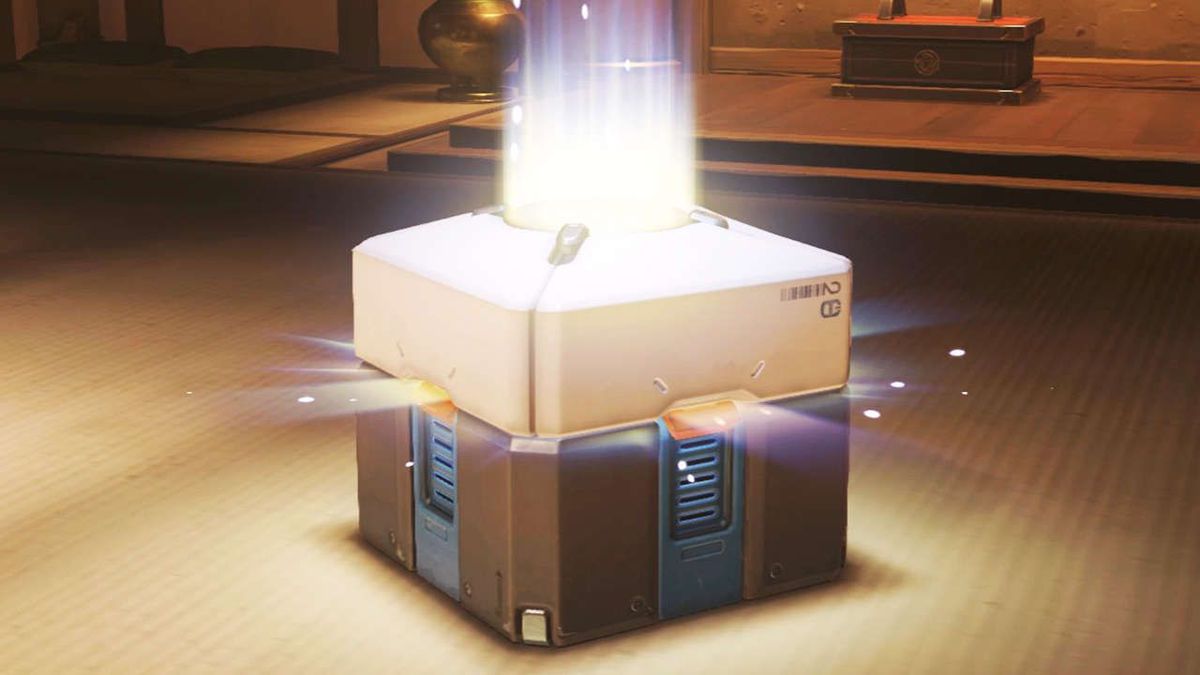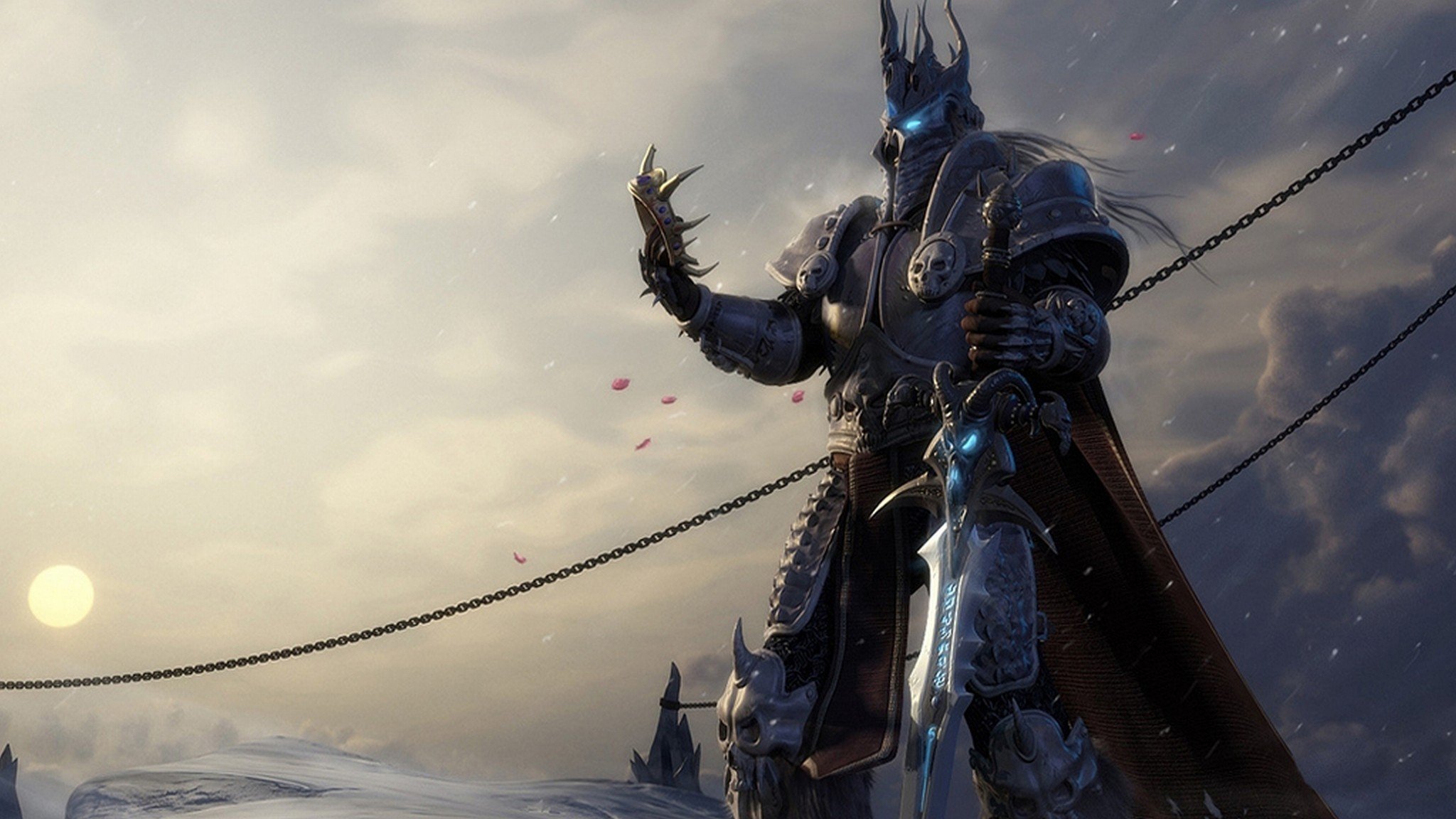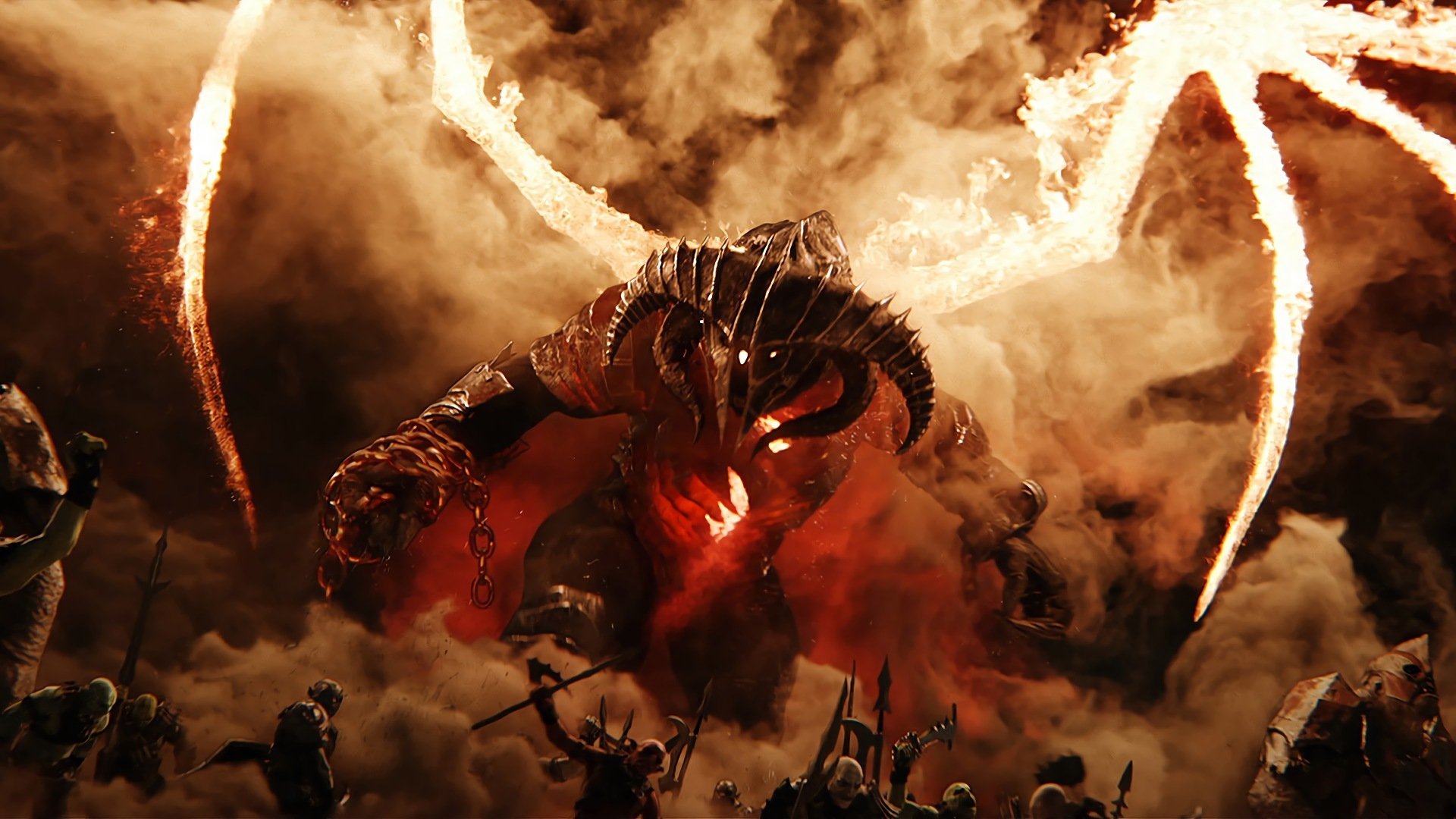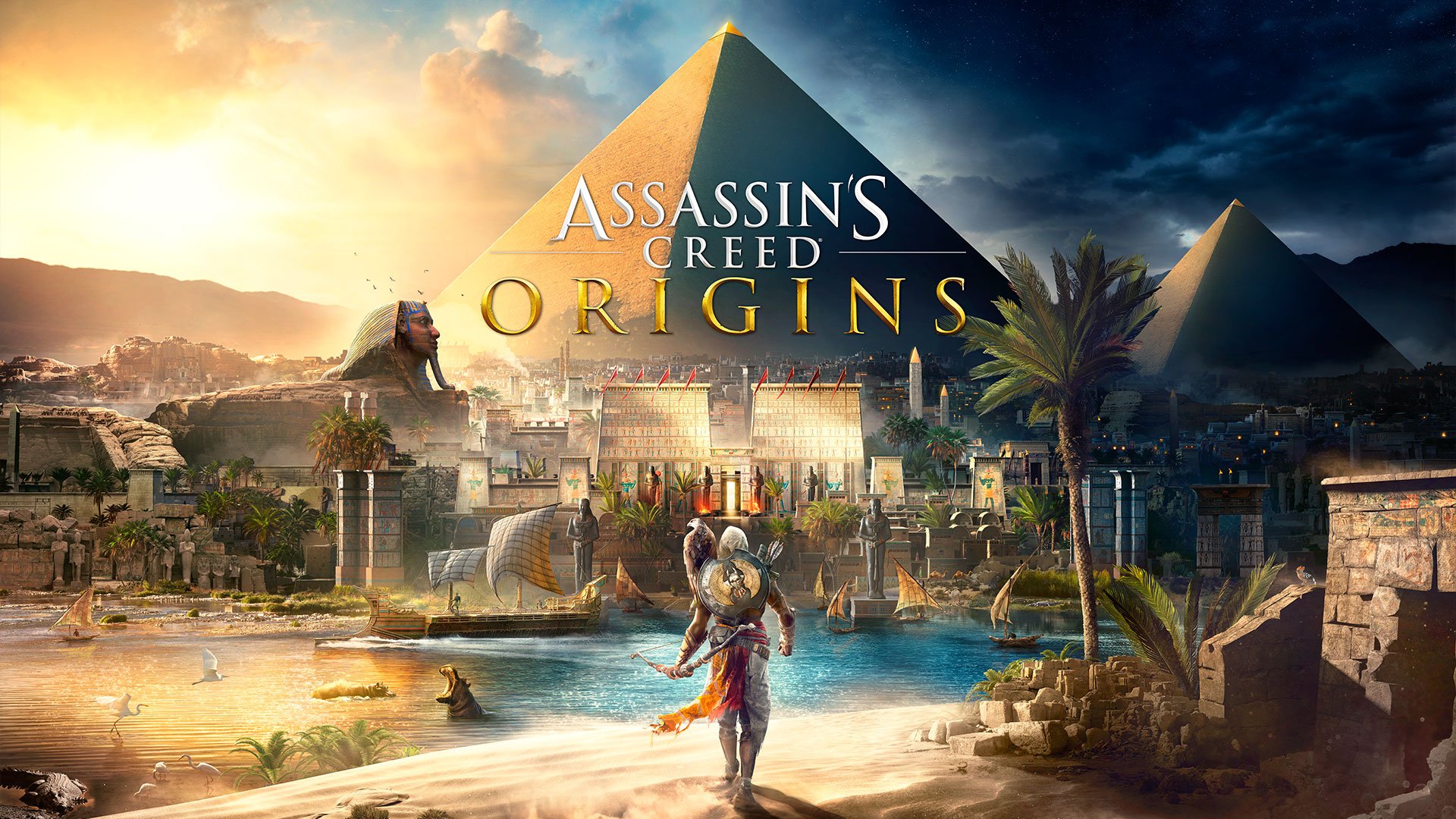If microtransactions are removed from games, one of these three systems will likely replace them
Here are three systems likely to replace microtransactions, should they end up being rare sights in the gaming industry.

All the latest news, reviews, and guides for Windows and Xbox diehards.
You are now subscribed
Your newsletter sign-up was successful
To say that the recent Star Wars Battlefront II sparked a massive push against microtransactions in gaming would be an understatement. Almost the entire gaming community rallied behind fighting the addition of loot boxes in lieu of the incredibly aggressive system Battlefront II utilizes.
Because of this, there's a higher chance companies will refrain from implementing microtransactions in fear of their games having a bad public opinion and reduced sales. If this happens, though, they will likely look to find another way to replace the income made by loot boxes. There are three realistic choices that come to mind. Each one has both merits and disadvantages, but all of them are more consumer-friendly than microtransactions that prevent satisfying progression systems.
Read: Video games benefit from fewer microtransactions — here's why
Subscription-based experiences

One feasible way that developers could make the same amount of money they make from microtransactions would be to adopt a subscription-based system in which players have to pay a certain amount at set intervals (typically once a month) in order to continue playing the game.
The main advantage of this type of business model is that longtime players will end up paying a large sum of money. For example, let's say that it costs $10 a month in order to play a game. People who love the game and plan to actively enjoy it for an extended period of time will end up paying hundreds for continued access — $120 a year, to be precise.

While this seems like a bad deal for consumers, it can also be seen as a good one depending on your perspective. Small, incremental fees instead of one large flat purchase allow for people with regular incomes to afford access to a game much more easily.
That isn't to say this system is perfect, though. If the game doesn't keep people playing in the long term, the structure of the subscriptions could backfire and end up earning companies a lot less overall.
All the latest news, reviews, and guides for Windows and Xbox diehards.
Paid DLC

Another more traditional system that could take the place of microtransactions would be paid downloadable content or DLC. Games like Battlefront II and Halo 5: Guardians offer free DLC with the tradeoff being that loot boxes are implemented into the game; by making DLC cost money, the companies behind games could make a profit that way instead.
While paid DLC likely won't bring back players as much as free DLC will, it's worth it if the game itself doesn't have to have a microtransaction system in it. Paid DLC pleases both sides: developers earn extra revenue, and consumers get a better base game without microtransactions in it.

It's important to remember that DLC takes quite a lot of time and money to create, and due to this, prices of map packs or new game modes could go up from more current DLC thanks to the rising costs of game development overall. Consumers may not like the sound of new content being even pricier after already paying $60 for the vanilla game.
Another issue, albeit small, with paid DLC is that it will divide the population of the game in question. Some players will purchase the new content, while others will not. This may not have too much of an impact, but it can cause matchmaking times to be a little slower.
Raising initial pricing

The last, and simplest, way that developers could make more money is by raising the price of their games. Considering that development costs have only increased, yet the $60 price tag has remained the same for years, this option feels justifiable.
Figuring out just how much prices are raised is key. Should developers choose this route, I think that increasing the cost by $10 is a fair and reasonable amount. That seems like a small number, but considering most $60 titles often sell millions of copies, that extra bit of money from each purchase will add up.

The biggest hurdle for a direct pricing increase would be getting the gaming community to accept it. People very rarely like change from a system that works for them, and the $60 standard has been working for them for over a decade.
On top of this, $60 is already considered a fairly large purchase for a game to many. Increasing that amount by another $10 risks causing some consumers to shy away from a purchase, fearing they might be spending too much on an entertainment product they might not like after all.
Your thoughts
Which of these three systems do you think would best replace microtransactions? Would you be willing to play a subscription-based shooter, or a AAA title that costs ten extra dollars? Let me know what you think.

Brendan Lowry is a Windows Central writer and Oakland University graduate with a burning passion for video games, of which he's been an avid fan since childhood. He's been writing for Team WC since the summer of 2017, and you'll find him doing news, editorials, reviews, and general coverage on everything gaming, Xbox, and Windows PC. His favorite game of all time is probably NieR: Automata, though Elden Ring, Fallout: New Vegas, and Team Fortress 2 are in the running, too. When he's not writing or gaming, there's a good chance he's either watching an interesting new movie or TV show or actually going outside for once. Follow him on X (Twitter).
